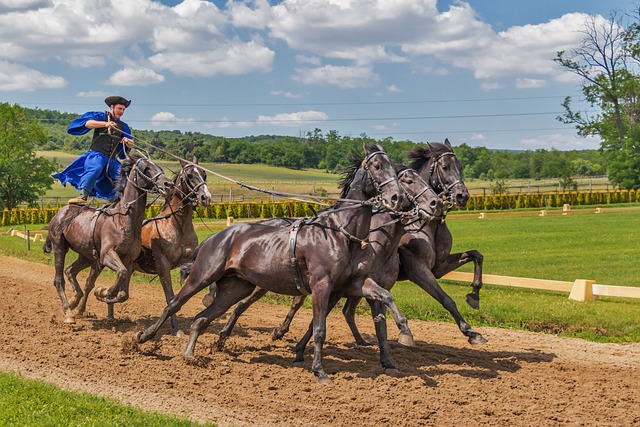One well-known betting site for financial activity is IviBet. It provides fans with an exciting setting in which to place bets. Anyone hoping to effectively traverse these two financial routes must be aware of the important distinctions between betting and traditional investment in terms of incentives, risks, and rewards.
Motivations: Seeking Excitement vs. Building Wealth
The need for thrills and enjoyment is one of the main reasons people bet. The thrill of predicting outcomes in games attracts bettors. They enjoy the instant satisfaction of each bet. Many seeking short-term thrills find betting’s fast pace intriguing. The adrenaline rush is a big draw.
In contrast, traditional investing seeks to build long-term wealth and security. Investors buy assets like stocks, bonds, mutual funds, and real estate. They aim to earn returns over time. Here, the drive is more purposeful, with a focus on income, growth, and compounding returns. The goal is to accumulate assets or save for retirement.
Risks: High Stakes vs. Calculated Exposure

Betting entails substantial risks and big stakes by nature. Numerous factors, many of which are out of the bettor’s control, can affect the results, which are frequently unpredictable. Its unpredictable nature means a chance of big losses and gains. This risk is higher due to a lack of diversification in betting. Bettors usually wager on one or a few events.
Conversely, traditional investment entails a measured level of risk exposure. All investments involve some risk. But, by diversifying across asset types, investors can lessen the impact of any one investment’s poor performance. Investors can evaluate and manage risks better. They have many tools and data to help them make informed decisions.
Rewards: Immediate vs. Compounded Gains
The benefits of betting are instantaneous and can add up quickly. A successful wager can bring instant satisfaction and huge payouts. These benefits can lead to big, fast profits. These benefits, meanwhile, are sometimes fleeting and may result in unstable financial outcomes.
Traditional investing, on the other hand, emphasizes compounded gains over time. Compounding makes investments grow exponentially. It creates great wealth over time, though the gains are less noticeable at first. Dividends, income, and capital gains benefit investors. They help grow their portfolios.
Skill and Strategy: Chance vs. Analysis

Though skilled bettors may use tactics to improve their odds, betting mostly relies on chance. A bettor’s success rate can be increased by elements like statistical analysis, rigorous bankroll management, and familiarity with the sport or event. The element of luck is still important, though.
Analysis and strategic planning are more fundamental to traditional investing. Investors use market trends, economic indicators, and research to make informed judgments. They rely on both fundamental and technical analysis. Prioritizing due diligence and research reduces reliance on chance. It makes investing a more systematic way to grow wealth.
Both investing and betting involve putting money at risk to make a profit. But, their incentives, risks, and rewards are very different. Online betting offers instant thrills and big profits. But, it has high risks and relies on luck. Traditional investment, on the other hand, aims for long-term wealth. It uses strategic planning and measured risk-taking. People must know these distinctions to choose the best course for their financial goals, risk tolerance, and preferences.
